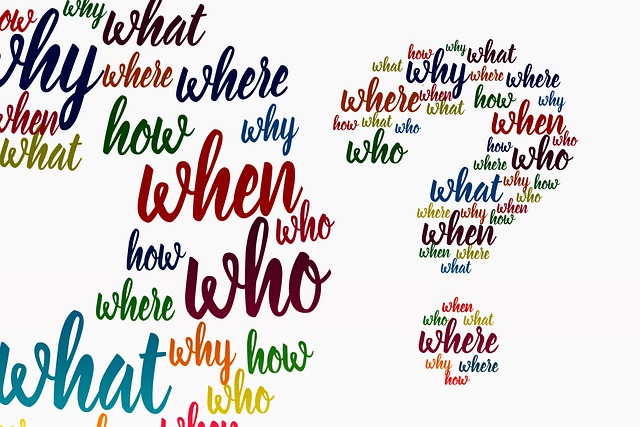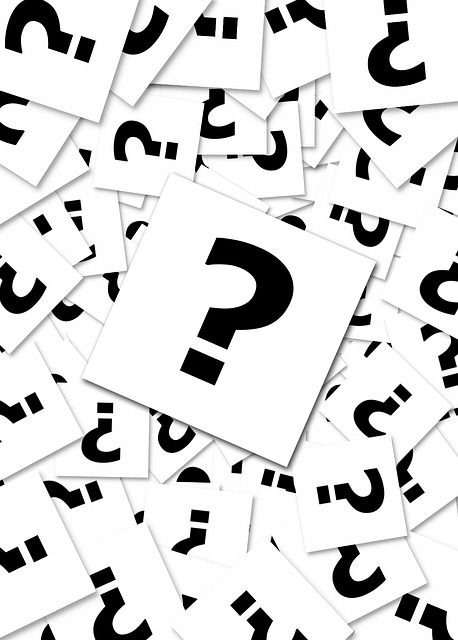How Does Ocean Pollution Affect The Environment?
When an abundance of nutrition is permitted to leach into water assets from agricultural run-off, it may cause a pointy imbalance in the gentle ecosystems which inhabit them. Most chiefly, this can cause a system called eutrophication, in which excess levels of ammonia and phosphate promote the rapid growth of algal blooms.
When an abundance of nutrients is allowed to leach into water sources from agricultural run-off, it can cause a sharp imbalance in the delicate ecosystems which inhabit them. Most notably, this can cause a process called eutrophication, wherein excess levels of ammonia and phosphate promote the rapid growth of algal blooms.
What are the effects of water pollution on the environment?
The undeniable fact that water pollutants contributes to the ecological issues of aquatic ecosystems and humans’ health complications is easily documented. Crops, animals, and our oceans also are affected at all levels by water contamination, and naturally, we must also be concerned concerning the bad components that reach consuming water.
What are the sources of pollution in the ocean?
What are the most assets of ocean pollution?
- Sewage.
- Toxic Chemicals From Industries.
- Land Runoff.
- Large Scale Oil Spills.
- Ocean Mining.
- Littering.
- Effect of Toxic Wastes on Marine Animals.
- Disruption to the Cycle of Coral Reefs.
What is ocean pollution and how can we prevent it?
Ocean pollution, often also known as marine pollution, can be defined as the infection of our oceans with harmful ingredients like plastic, oil, heavy metals, debris and other components that may hurt a whole lot of sea animals and plants.
What are the effects of ocean pollution on marine life?
Among other consequences of ocean pollutants is the disruption of the coral reef cycle. The oil spill hovers on the water’s surface, blocking off sunlight from attaining marine plants and interfering with photosynthesis. Long-term effects on marine life come with skin irritation, eye pain, and lung and liver disorders. 3.
How to reduce the effects of pollution?
You can take a number of commonplace steps to minimize the outcomes of air pollution, equivalent to these:
- Conserve energy – at home, at work and all over you do.
- Look for the ENERGY STAR label when buying home or office accessories.
- Carpool, use public transportation (electric powered and hybrid buses are increasingly common in U.S. …
More items…
How do water pollutants affect fish?
Water pollution are wide-ranging and rely upon the region of the realm the fish live in, but there are some that are common to many parts of the world. Pollution can directly kill or harm fish, or change the makeup of the fish’ atmosphere, killing off resources of food or inflicting plant or algae overgrowth that starve the fish of oxygen.
How are fish impacted by pollution?
When large amounts of pollutants are published there may be a right away impact as measured by large-scale sudden mortalities of aquatic organisms, e.g. fish kills resulting from infection of waterways with agricultural insecticides. Lower levels of discharge may bring about an accumulation of the pollution in aquatic organisms.
How does water pollution harm aquatic animals?
What are the effects of ocean pollution?
Among other consequences of ocean pollution is the disruption of the coral reef cycle. The oil spill hovers on the water’s surface, blocking off daylight from reaching marine plants and interfering with photosynthesis. Long-term effects on marine life include skin irritation, eye discomfort, and lung and liver problems.
How does pollution in water affect the fishes?
How does pollutants affect fish? Water Pollution Harms Fish Population When nutrients wash into waterways via storm runoff, they deplete oxygen in the water that fish want to live on. Exposure to heavy metals can impair a fish’s capability to smell, disrupting its ability to locate food and offer protection to itself from predatory animals and fish.
How are fish affected by plastic pollution?
Are there any fish that are less susceptible to pollution?
Indeed, there are fish that are less susceptible to pollutants and contamination, and less exposed to overfishing. Generally, the dimensions of a fish is proportional to the mercury gathered inside its body because they consume a greater amount of smaller fishes. Therefore, small fishes, like anchovies and sardines, are sometimes lower in mercury.
How many fish are affected by pollution?
Is pollution bad for fish?
What are the effects of ocean pollution on fish?
The ocean provides the largest water source on Earth. Most of the water that you just drink comes from the sea. But ocean pollution will certainly contaminate the water. The infection will make the water undrinkable. Moreover, it means less source of drinking water for humans. 2. Poison in Fish
What are the main causes of ocean pollution?
Pollution of the oceans by plastics, toxic metals, synthetic chemicals, insecticides, sewage, and agricultural runoff is killing and contaminating the fish that feed 3 billion people. Coastal pollution spreads life-threatening infections. Oil spills and chemical wastes threaten the microorganisms in the seas that deliver much of the
What are the effects of ocean pollution on the Global South?
And the health influences of ocean pollution fall disproportionately on indigenous peoples, coastal communities and susceptible populations in the Global South, underlining the planetary scale of this environmental injustice.
How does the ocean effect humans?
What does the sea must do with human health?
- Ocean in Distress. When we bring to mind public health risks, we may not call to mind the sea as a factor. …
- Closing the Safety Gap. Throughout the U.S., there are hundreds of beach and shellfish closures or advisories annually due to presence of harmful marine organisms, chemical pollutants, or …
- Emerging Health Threats. …
- Cures from the Deep. …
Does ocean pollution affect humans?
“Simply put: Ocean pollution is a massive global challenge, it is turning out to be, and it at once influences human health,” said Professor Philip Landrigan, M.D., the director of the observatory and of BC’s Global Public Health and the Common Good Program. “People have heard about plastic pollutants in the oceans, but that is barely part of it.



